Cork flooring has gained popularity among homeowners due to its unique qualities. It is an eco-friendly, renewable, and natural material made from the bark of cork trees. Despite its advantages, cork flooring has some drawbacks that make it less appealing to certain individuals. In this article, we’ll explore why cork flooring may not be the best choice for your home.
Not Waterproof – Cork flooring is unsuitable for areas with high moisture levels, such as bathrooms or basements, as water can seep into the cork and cause rotting and mold growth.
Susceptible to Scratches and Dents- Cork flooring is not as durable as other options, such as hardwood or tile. It can easily scratch or dent when exposed to heavy furniture or pet claws.
Difficult to Clean – The lack of a glossy surface on cork flooring makes cleaning difficult. It attracts dust easily and requires regular cleaning to maintain its appearance.
Stains Easily – Cork flooring is also susceptible to staining from oil, grease, and other liquids. Spills should be cleaned immediately to avoid permanent damage.
Limited Design Options – While cork flooring is available in various colors and patterns, it may not have the same versatility as other flooring options. Its unique appearance may not match the aesthetics of some homes.
Can Fade in Sunlight – Cork flooring can fade or discolor when exposed to sunlight over an extended period. It is not recommended for rooms with large windows or skylights.
Expensive – Cork flooring is more expensive than other options, such as carpet or vinyl. The price may be a limiting factor for some homeowners.
Not Suitable for Pets – Pet accidents can cause permanent damage to cork flooring. It is not the best option for homes with pets.
Not Suitable for High-Traffic Areas – Cork flooring is not as durable as other options and may not be suitable for high-traffic areas, such as hallways or entryways.
Environmental and Health Concerns – Although cork flooring is a natural and renewable material, there are still some environmental and health concerns over its production and installation. Adhesives used to install cork flooring may contain harmful chemicals.
While cork flooring has advantages, it may not be the best choice for everyone. It is important to weigh the pros and cons carefully before deciding. Factors such as moisture levels, durability, and cost should be considered when choosing to floor for your home.
:max_bytes(150000):strip_icc()/cork-flooring-pros-and-cons-1314688-FINAL-5bc4d42e4cedfd002631d65c.png)
Cork Flooring Advantages And Disadvantages – Flooring Blog
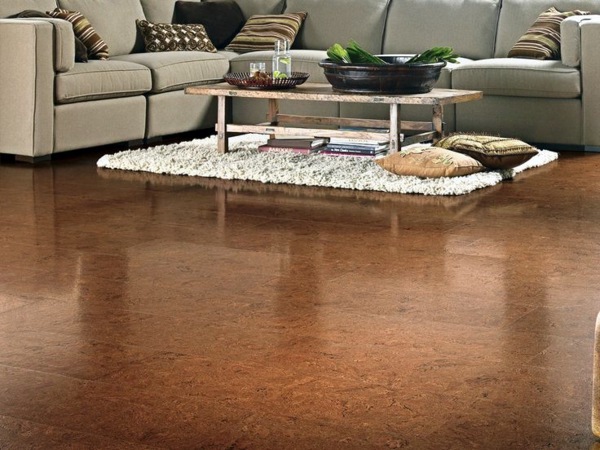
Cork Flooring Advantages And Disadvantages – Flooring Blog
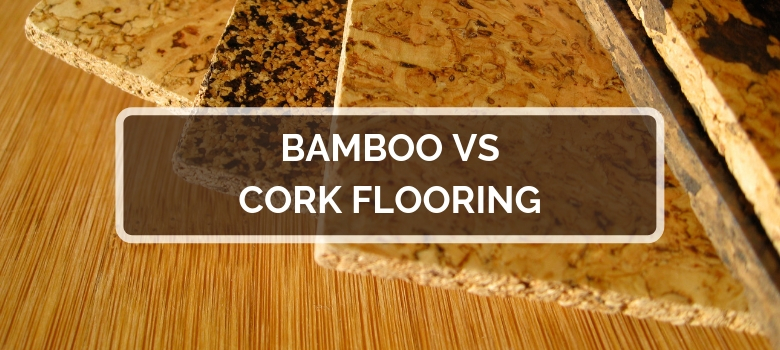
Disadvantages of cork flooring – Learn more from Cork and its properties Interior Design Ideas
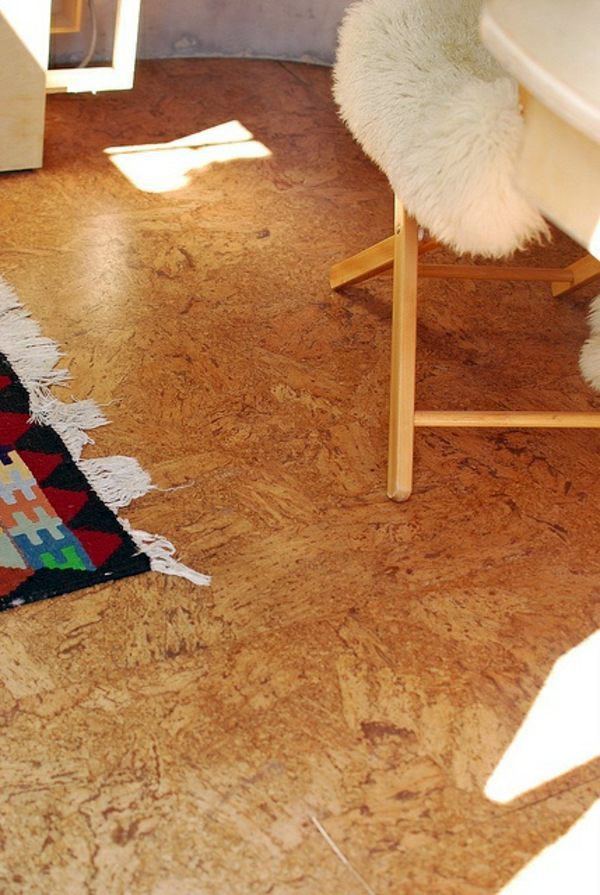
Cork Flooring Disadvantages – Flooring Guide by Cinvex
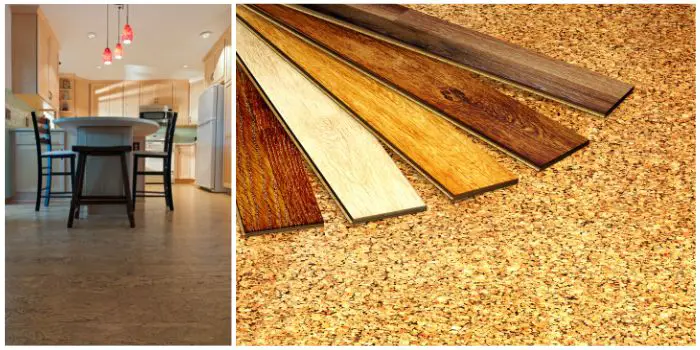
disadvantages of cork flooring – Real Page-Turner Binnacle Portrait Gallery

Advantages And Disadvantages Of Cork Flooring – Flooring Guide by Cinvex

Disadvantages of cork flooring – Learn more from Cork and its properties Interior Design Ideas
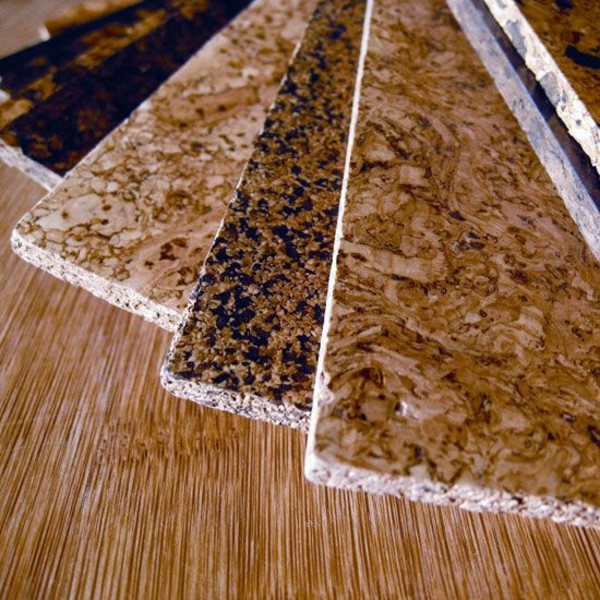
Cork Flooring In Bathroom Pros And Cons – borchertsupport.com

Cork Flooring Pros and Cons
:max_bytes(150000):strip_icc()/cork_0599-467e613eff8f477d9505875f69626459.jpg)
A closer look at cork floors: advantages and disadvantages – TopsDecor.com
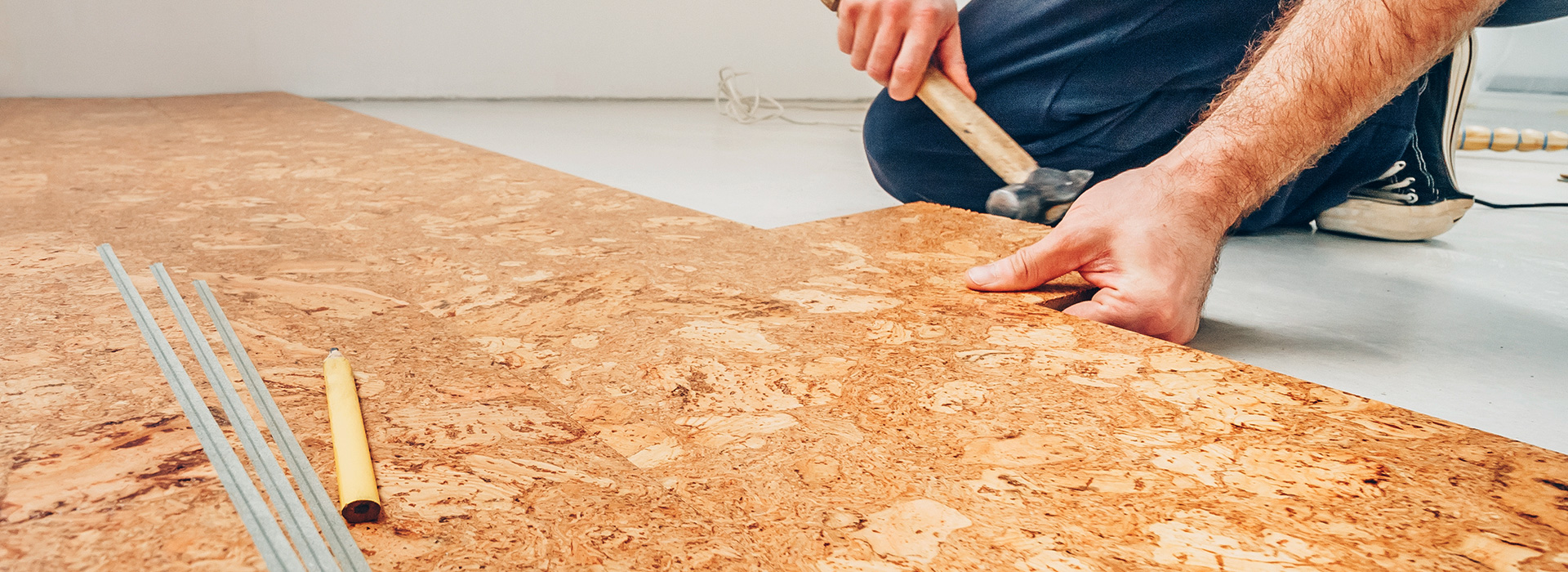
How Much Does Cork Flooring Installation Cost in 2022? Checkatrade
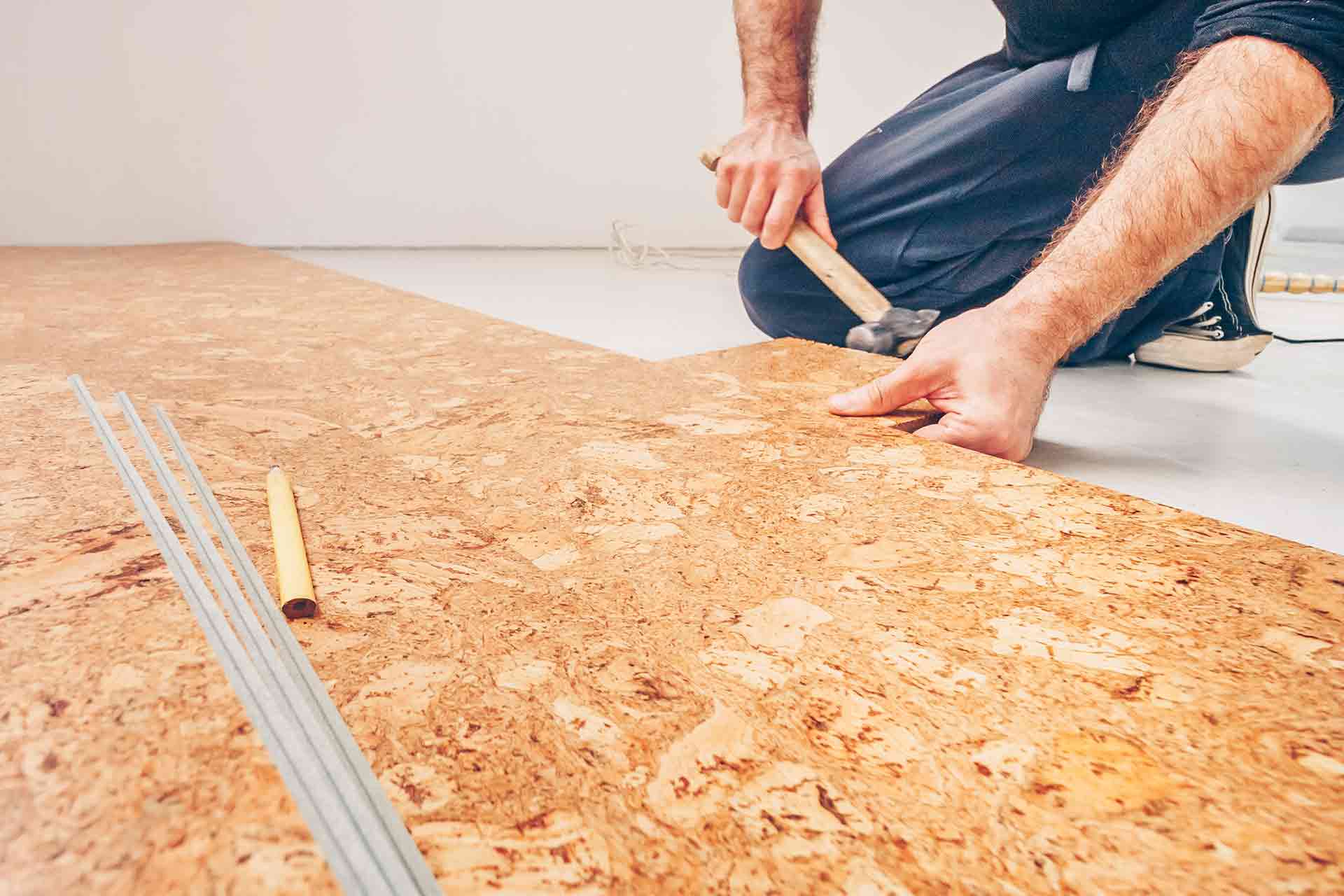
Related Posts:
- Cork Flooring Price per Square Metre
- Cork Flooring For A Bathroom
- How to Remove Cork Flooring
- Cork Flooring Suppliers UK
- Cork Flooring Lowes Home Depot
- Using Cork Flooring in Basement
- Glue down Cork Flooring Home Depot
- Cork Flooring Next To Hardwood
- Cork Floor In Kitchen Pros And Cons
- Pics of Cork Flooring
# Disadvantages of Cork Flooring
Cork flooring is a popular choice for many homeowners, as it offers a range of benefits such as sound absorption, comfort, durability and style. However, there are also some drawbacks to cork flooring that should be considered before you make your final decision. In this article, we’ll look at the potential disadvantages of cork flooring to help you decide if it’s the right choice for your home.
## Staining and Discoloration
One of the main disadvantages of cork flooring is that it can easily become stained or discolored over time. Cork is naturally porous and it can absorb liquids and oils, which can cause staining and discoloration. This can be especially problematic in areas where spills are common, such as kitchens and bathrooms. To help minimize the risks of staining and discoloration, it’s important to clean up any spills quickly and avoid using abrasive cleaners on your cork flooring.
## Damage from Sunlight
Cork flooring can also be susceptible to damage from direct exposure to sunlight. The UV rays from the sun can cause the cork to fade over time, which can reduce its overall aesthetic appeal. To help protect your cork flooring from UV rays, consider using window treatments such as curtains or blinds to reduce the amount of direct sunlight that enters your home.
## Scratching and Denting
Cork flooring is also prone to scratching and denting due to its soft surface. Heavy furniture or pets with long nails can easily damage cork floors, leaving behind unsightly scratches and dents. To help protect your cork flooring from damage, consider placing area rugs in high traffic areas or invest in furniture pads for your chairs and tables.
## Expansion and Contraction
Due to its natural composition, cork flooring is susceptible to expansion and contraction when exposed to extreme temperatures or humidity levels. This can lead to gaps between tiles or an uneven surface, which can detract from the overall look of your flooring. To help prevent this from happening, it’s important to maintain a consistent temperature and humidity level throughout your home.
## High Cost
Finally, one of the biggest disadvantages of cork flooring is its cost. Cork flooring typically costs more than traditional hardwood or laminate options, making it a less affordable option for many homeowners. If you’re looking for a more affordable alternative to cork flooring, consider looking into laminate or vinyl options instead.
Cork flooring is a popular choice for many homeowners due to its range of benefits such as sound absorption, comfort, durability and style. However, there are also some potential drawbacks that should be taken into consideration before you make your final decision. Staining and discoloration, damage from sunlight, scratching and denting, expansion and contraction, as well as its high cost are all potential downsides to this type of flooring that should be taken into account when making your choice.